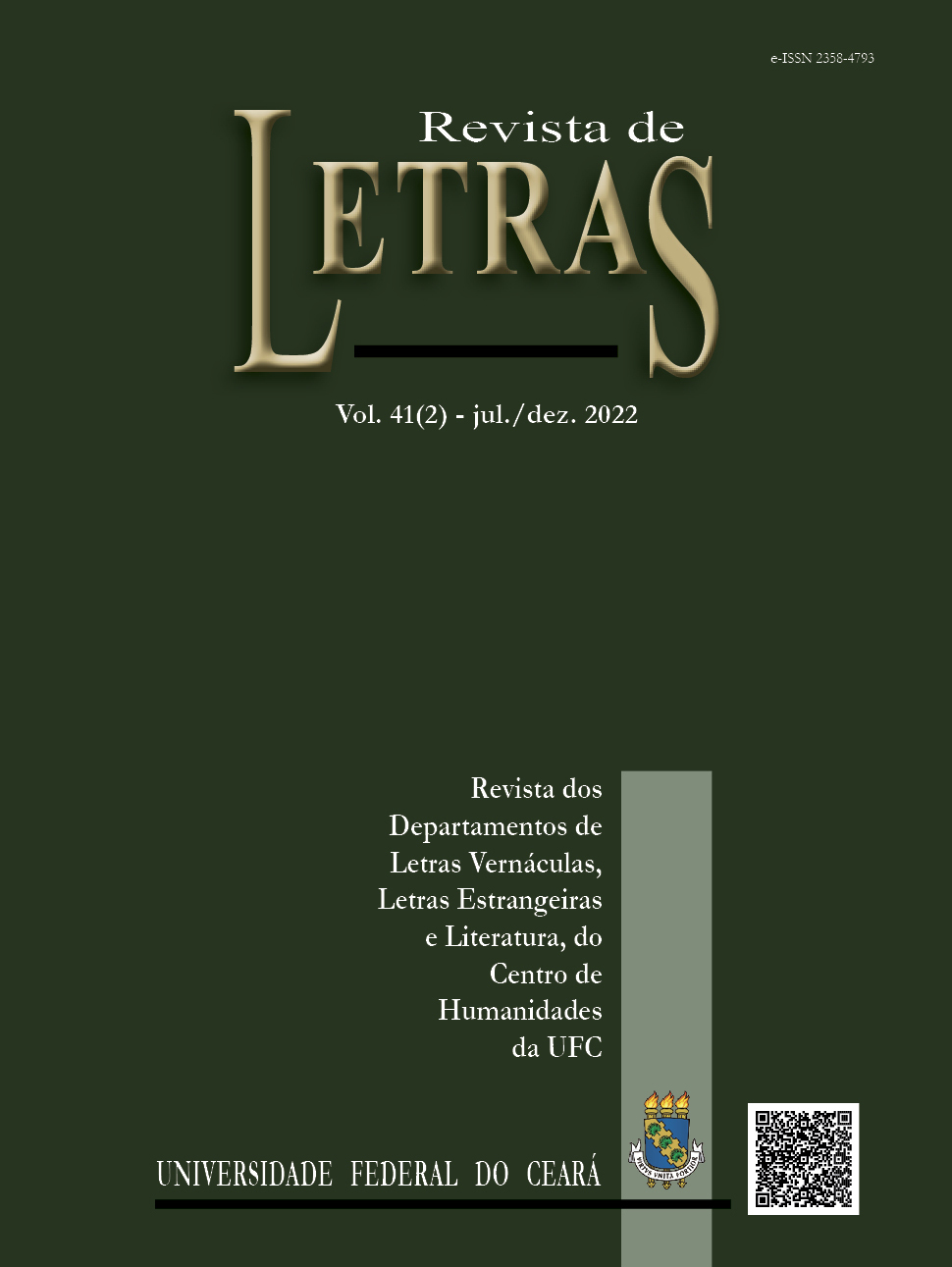TEACHING ARGUMENTATION IN RURAL CONTEXTS THROUGH DIDACTIC SEQUENCES: EXPERIMENTATION OF THE DIDACTIC DEVICE IN SPANISH
DOI:
https://doi.org/10.36517/revletras.41.2.9Abstract
Prior research shows the impact of early teaching of argumentation in at least two areas: civic formation and academic success. However, the right to early teaching of critical reading and writing skills becomes a disadvantage for populations living in rural contexts. The objective of this article is to show the effect of a didactic sequence based on the argumentative textual genre on the textual productions of telesecundaria students. As a methodological tool, we take up the didactic sequence based on the textual genre. It has been used in different parts of the world for language teaching. Regarding Spanish, in Mexico, its effectiveness has been explored with textual genres that involve argumentation. This paper shows that students improve overall organization and textual cohesion in final productions and improve their knowledge of the topic of discussion.
Downloads
Downloads
Published
How to Cite
Issue
Section
License
Autores que publicam nesta revista concordam com os seguintes termos:- Autores mantêm os direitos autorais e concedem à revista o direito de primeira publicação, com o trabalho simultaneamente licenciado sob a Licença Creative Commons Attribution que permite o compartilhamento do trabalho com reconhecimento da autoria e publicação inicial nesta revista.
- Autores têm autorização para assumir contratos adicionais separadamente, para distribuição não-exclusiva da versão do trabalho publicada nesta revista (ex.: publicar em repositório institucional ou como capítulo de livro), com reconhecimento de autoria e publicação inicial nesta revista.
- Autores têm permissão e são estimulados a publicar e distribuir seu trabalho online (ex.: em repositórios institucionais ou na sua página pessoal) a qualquer ponto antes ou durante o processo editorial, já que isso pode gerar alterações produtivas, bem como aumentar o impacto e a citação do trabalho publicado (Veja O Efeito do Acesso Livre).

.png)





.png)
